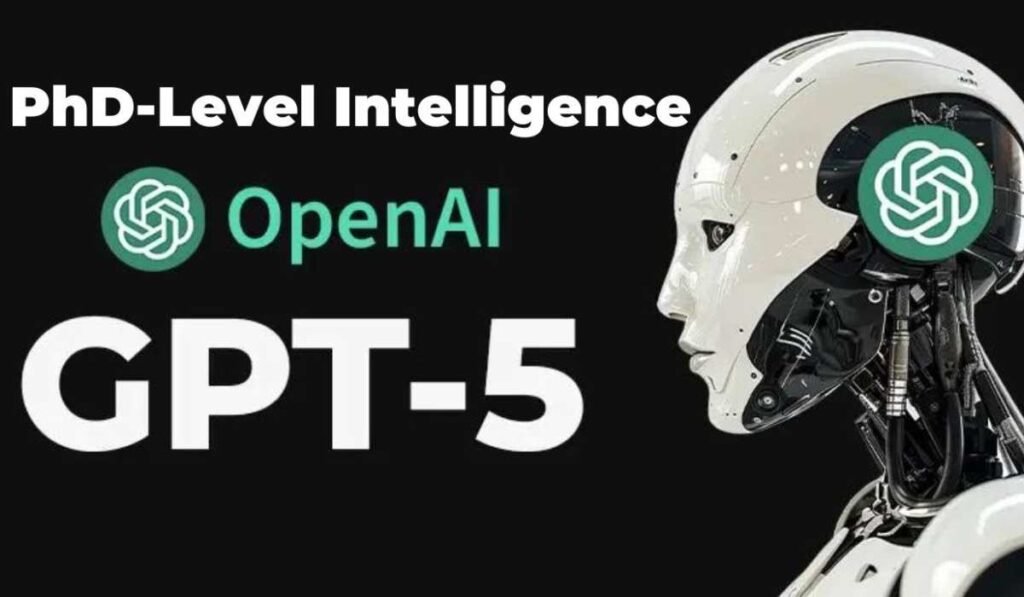In today’s rapidly evolving technological landscape, artificial intelligence (AI) has become a game-changer across industries. As AI continues to reshape our world, it’s crucial to develop the right skills to not just survive, but thrive in this new era. Are you ready to outsmart 98% of people in the age of AI? Let’s explore the 10 essential AI skills that will set you apart and give you the edge to lead in this ever-changing landscape.
Why Essential AI Skills Matter
As artificial intelligence continues to reshape industries and job markets, developing essential AI skills is no longer optional—it’s a necessity. These skills will not only make you more valuable in your current role but also open up new opportunities in the AI-driven future.
The 10 Essential AI Skills You Need to Master
1. Prompt Engineering: A Crucial Essential AI Skill
Prompt engineering is the art of crafting perfect requests to maximize AI’s capabilities. This essential AI skill isn’t just for programmers; it’s for anyone using AI tools like GPT-4.
Key aspects of this essential AI skill:
- Framing requests precisely for optimal results
- Applicable for content generation, task automation, and more
2. AI-Powered Personal Branding: An Essential AI Skill for the Digital Age
In today’s digital world, AI-powered personal branding helps you create a unique and consistent identity across all platforms. This essential AI skill is crucial for standing out in a crowded online space.
Benefits of this essential AI skill:
- Leveraging AI-generated logos and content creation tools
- Implementing automated social media management
3. Data Storytelling and Visualization: An Essential AI Skill for Communication
Data storytelling and visualization transform raw information into insightful and persuasive narratives. This essential AI skill is crucial in a data-driven world, allowing you to convey complex information effectively.
Applications of this essential AI skill:
- Converting statistics into emotional narratives
- Creating interactive data visualizations that engage audiences
4. Creative Intelligence Automation: Enhancing Creativity with Essential AI Skills
Creative intelligence automation combines AI’s power with human ingenuity to produce groundbreaking work across industries. This essential AI skill pushes the boundaries of traditional creative processes.
Possibilities with this essential AI skill:
- Experimenting with new artistic styles and techniques
- Automating repetitive creative tasks to focus on high-level ideation
5. AI Strategy and Execution: An Essential AI Skill for Business Leaders
Understanding how to integrate AI into overall business strategy is an essential AI skill for staying competitive in today’s market. This skill enables leaders to make informed decisions about AI implementation.
Examples of applying this essential AI skill:
- Optimizing supply chains with AI technologies
- Analyzing customer behavior for tailored marketing campaigns
6. AI Project Management: An Essential AI Skill for Implementation
Managing AI projects requires a unique blend of technical and non-technical abilities. This essential AI skill ensures successful implementation of AI systems within organizations.
Key responsibilities in this essential AI skill:
- Setting clear objectives for AI projects and initiatives
- Managing potential risks and challenges in AI implementation
7. Natural Language Processing (NLP): An Essential AI Skill for Human-AI Interaction
NLP enables AI to understand and respond to human language naturally. As AI becomes more integrated into our daily lives, this essential AI skill is increasingly valuable for creating seamless human-AI interactions.
Applications of this essential AI skill:
- Developing sophisticated chatbots and virtual assistants
- Improving machine translation systems for global communication
8. Continuous Learning: An Essential AI Skill for Staying Relevant
In the rapidly changing world of AI, continuous learning is an essential AI skill that keeps you at the forefront of innovation. This skill ensures you remain adaptable and valuable in an evolving technological landscape.
Approaches to develop this essential AI skill:
- Staying curious about new AI developments and trends
- Regularly experimenting with new AI tools and techniques
9. Understanding AI Limitations: An Essential AI Skill for Responsible Use
Recognizing AI’s limitations is crucial for making informed decisions and avoiding potential pitfalls. This essential AI skill ensures responsible use of AI technologies and helps prevent unintended consequences.
Considerations in this essential AI skill:
- Identifying potential biases in AI systems and algorithms
- Understanding the ethical implications of AI use in various contexts
10. AI Ethics and Policy: An Essential AI Skill for the Future
As AI becomes more pervasive, understanding AI ethics and policy is an essential AI skill for ensuring responsible development and deployment of AI technologies. This skill is crucial for navigating the complex social and legal landscape of AI.
Key aspects of this essential AI skill:
- Considering societal impacts of AI implementation
- Staying informed about AI regulations and accountability measures
Mastering Essential AI Skills for Future Success
By developing these 10 essential AI skills, you’ll be well-equipped to lead in the age of artificial intelligence. From crafting perfect prompts to understanding the ethical implications of AI, these abilities will set you apart in an increasingly AI-driven world.
Don’t wait to start your journey. Begin learning and applying these essential AI skills today to secure your place at the forefront of the AI revolution. The future is AI-driven, and with these essential AI skills, you’ll be ready to thrive in it.
Essential AI skills are critical abilities needed to effectively navigate and thrive in an AI-driven world, including prompt engineering, data storytelling, and understanding AI ethics.
Prompt engineering is crucial because it helps users craft precise requests to maximize the capabilities of AI tools, leading to better results in various applications such as content generation and task automation.
AI-powered personal branding can help you create a unique and consistent online identity, making it easier to stand out in a crowded digital space through tools like AI-generated logos and automated social media management.
Data storytelling transforms raw data into compelling narratives, making it easier to communicate complex information effectively, which is essential in a data-driven world.
Creative intelligence automation leverages AI to enhance human creativity by automating repetitive tasks, allowing individuals to focus on higher-level ideation and explore new artistic styles.
Understanding AI strategy and execution enables business leaders to integrate AI into their overall strategy, optimizing operations and making informed decisions about AI implementation.
Continuous learning is essential in the AI field as it helps individuals stay updated with the latest developments and trends, ensuring they remain adaptable and valuable in a rapidly changing environment.
Recognizing AI's limitations is crucial for responsible use, as it helps individuals avoid potential pitfalls, identify biases, and understand the ethical implications of AI technologies.
AI ethics and policy involve understanding the societal impacts of AI implementation, staying informed about regulations, and ensuring responsible development and deployment of AI technologies.
You can start developing essential AI skills by exploring online courses, experimenting with AI tools, and actively engaging with the latest trends and innovations in the field.





